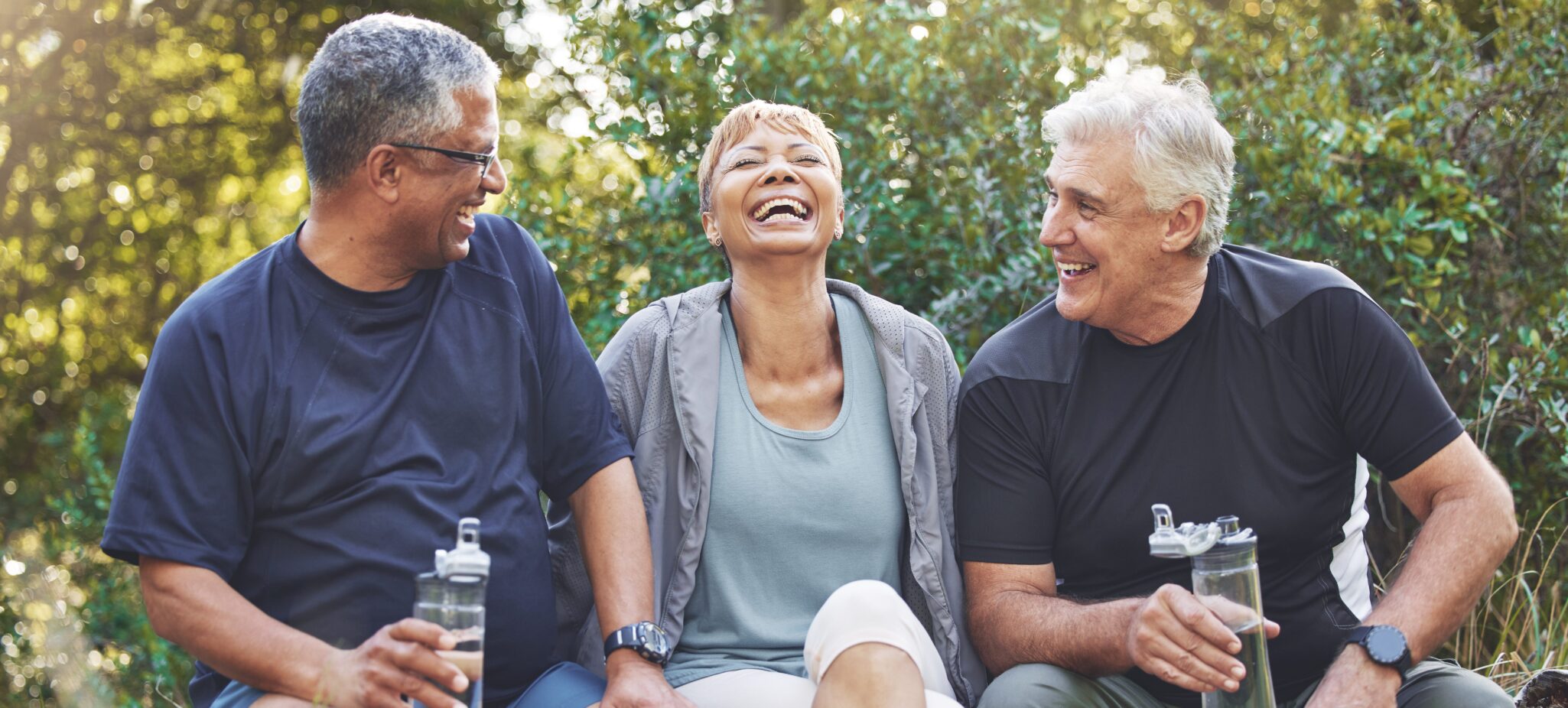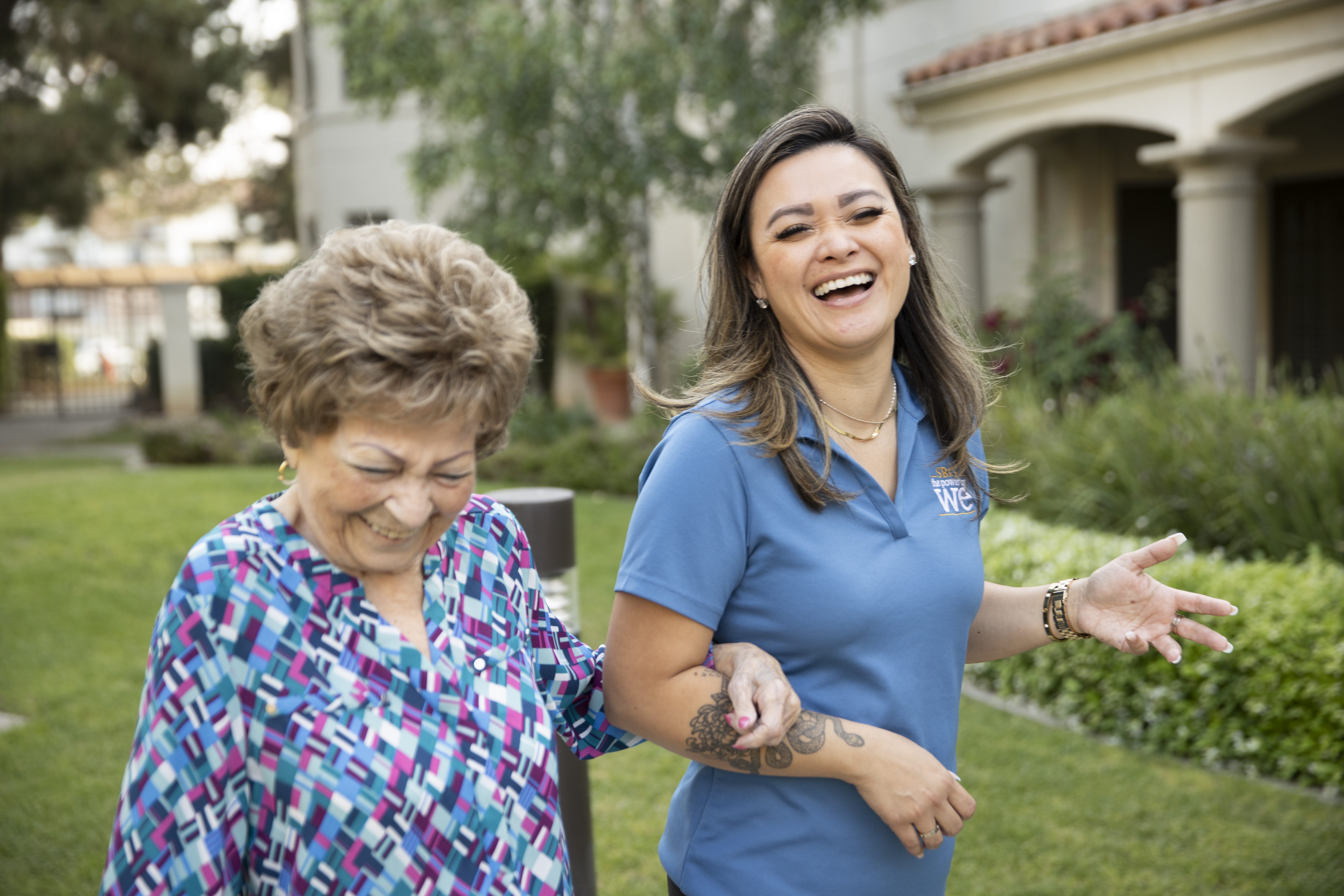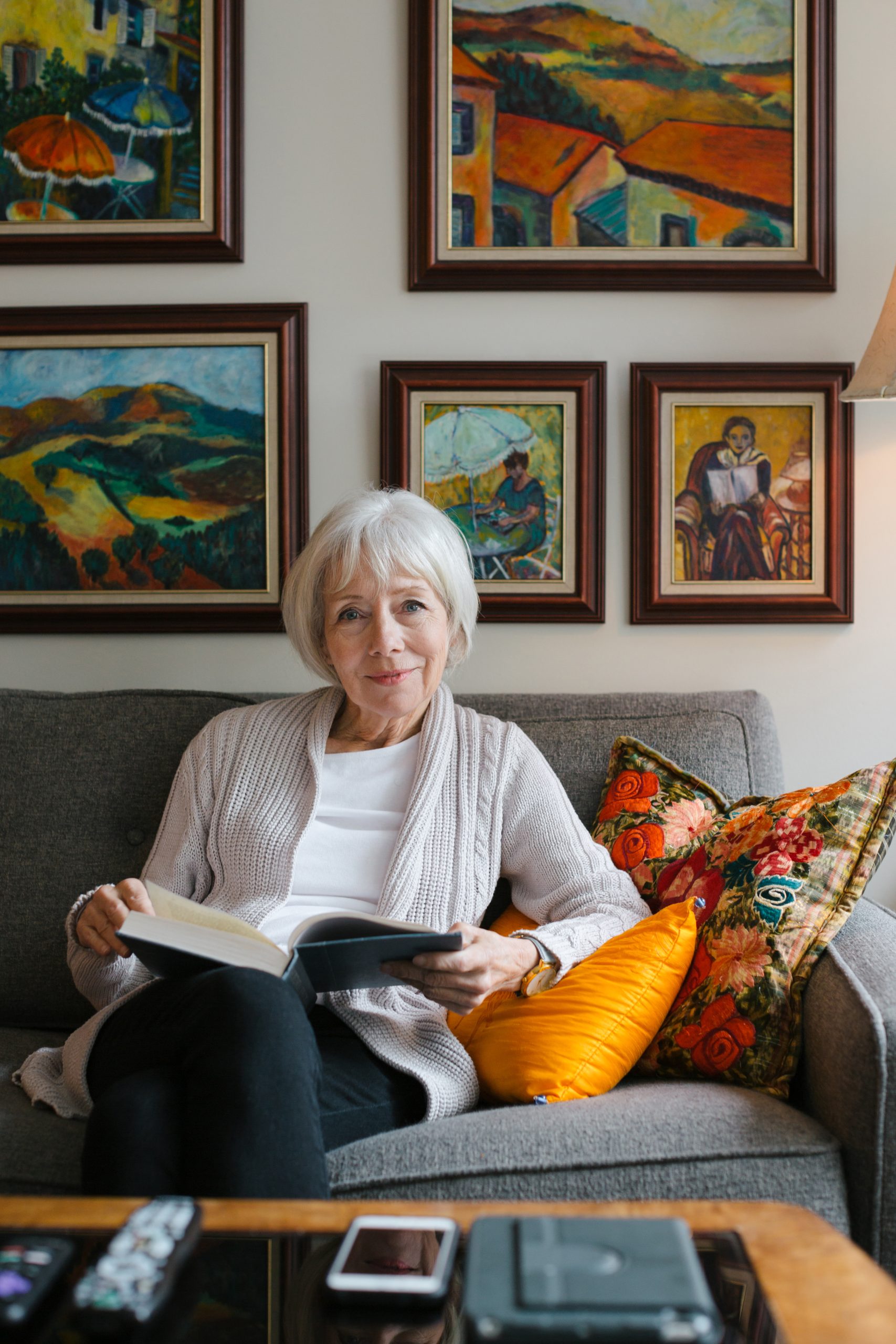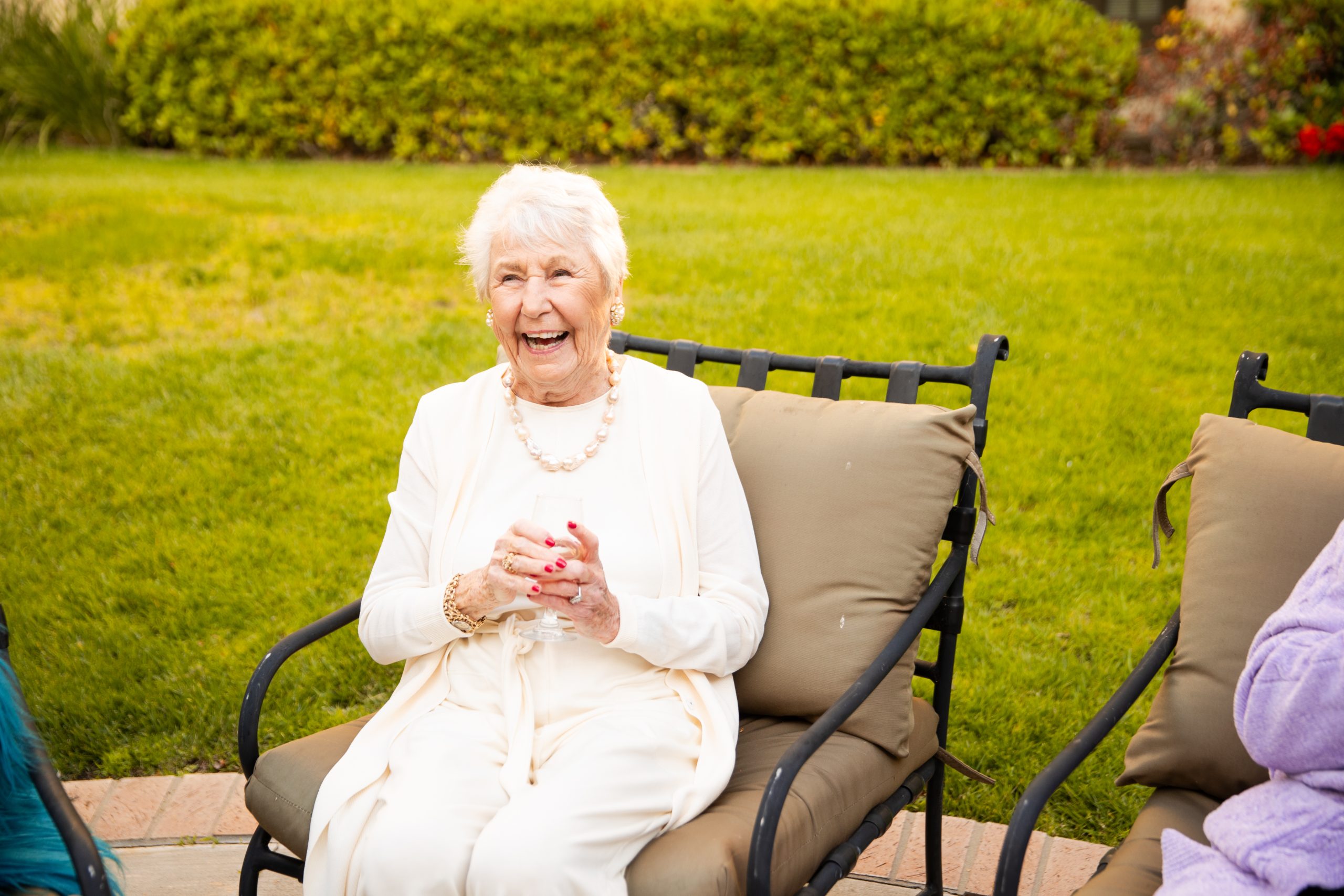Duties of a Caregiver
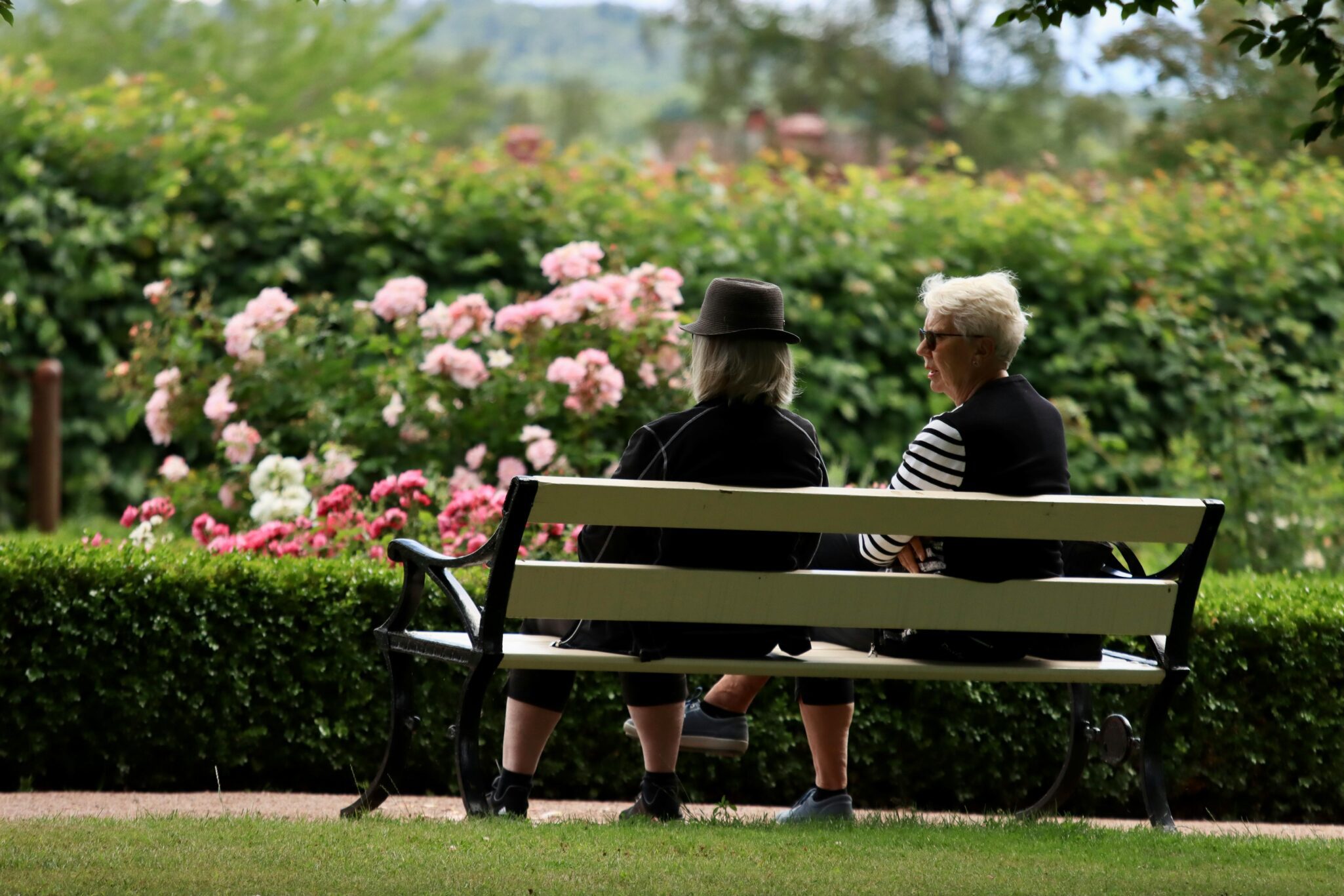
Many older adults need a helping hand as they age. Some people need occasional assistance with difficult chores, such as cleaning the gutters and assembling furniture, but others may require help with everyday tasks like getting dressed and cooking meals. Some older adults have professional caregivers, but many rely on their loved ones to help with these duties. According to the Bureau of Labor Statistics, over 37 million Americans are unpaid caregivers for people aged 65 and older.
What do caregivers do? Paid and unpaid caregivers give older adults logistical, emotional, physical, and social support. They also monitor well-being and help healthcare providers carry out treatment plans.
Caregiving can be gratifying but also stressful and time-consuming. A 2023 AARP survey found that 56% of unpaid helpers struggle to take care of their mental health due to their caregiver duties. Additionally, 40% of caregivers reported that they rarely or never feel relaxed.
This article explores the many duties of a caregiver and strategies to manage this role effectively.
Personal Care Duties
Personal care refers to everyday hygiene, grooming, and health activities. These tasks promote well-being and increase comfort. They also allow older adults to maintain a sense of dignity and pride in their appearance.
Many older adults need help with routine hygiene tasks, such as:
- Applying skincare products
- Bathing
- Brushing and flossing their teeth
- Shaving
- Toileting
- Trimming nails
Caregivers also frequently assist with grooming tasks. You might help someone lace up their tennis shoes for their weekly game or get dressed for an outing. Some older adults also need help styling their hair and applying makeup. Check out tutorials on platforms like YouTube and TikTok if you need to perfect your hair-curling technique or get eye shadow application tips.
Additionally, caregivers often help with wellness activities. Many older adults have special diets, such as low-sodium or diabetic-friendly diets. You can prepare delicious and healthy meals so older adults can get the nutrients they need without sacrificing taste.
You can also help your loved one stay physically active by encouraging them to exercise regularly. You could invite them to join you for a yoga class, a bike ride, or other activities you both love. In some cases, you may need to assist them with these exercises. For instance, you might need to help an older adult with limited mobility mount and dismount their bike or get into a swimming pool.
Older adults who receive assistance with personal care lead healthier and more enriching lives. They can feel confident about their appearance as they attend community events and meet with friends. Personal care duties also help older adults avoid issues caused by poor hygiene, such as cavities and skin infections.
As a caregiver, you can stay on top of personal care duties by creating a daily routine and communicating with older adults about their changing needs. You should also consider using transfer aids if necessary to move or lift your loved one. These tools can help you avoid injuring yourself or the person you’re assisting.
Health Management Duties
Informal caregivers don’t need experience in the medical field to assist with healthcare management. This aspect of caregiving involves coordinating activities and providing support related to an individual’s medical needs.
Healthcare management responsibilities often include these tasks:
- Administering medications
- Scheduling medical appointments
- Refilling prescriptions
- Transporting older adults to healthcare services
- Monitoring vital signs
- Contacting healthcare providers with concerns
- Maintaining medical records
Calendar and reminder apps can help you keep track of these duties. For instance, an app can notify you when it’s time to give the care recipient their daily medications. Also, cloud storage services can keep confidential medical records safe.
Advocating for your loved one is another essential part of health management. Ask them if they’d like you to attend medical appointments with them to provide moral support. Take notes during these visits and help them communicate their concerns to their healthcare providers. These steps avoid confusion and ensure that your loved one has backup if their doctor disregards their needs.
You should also research treatment options and medication side effects to help your loved one make informed choices. Consider getting a second opinion before making major medical decisions. Additionally, some healthcare organizations offer educational seminars and workshops on healthcare management. For example, you could attend a program on diabetes to learn about treatments and strategies to manage this disorder.
Emotional Support Duties
Many older adults face significant challenges that affect their emotional well-being. Older adults may grieve the loss of their spouses, friends, and other loved ones. They might also experience distress or fear when they receive a difficult medical diagnosis or have less independence. In addition, loneliness is a pervasive issue that affects 34% of adults ages 50 to 80.
Caregivers give emotional support by treating older adults with compassion and empathy. Show your loved one you care by practicing active listening and encouraging them to voice their emotions. Be sure to acknowledge their feelings and give them a safe space to express themselves without fear of judgment.
Emotional support also involves providing companionship — but that doesn’t mean you must spend every waking moment with your loved one. Focus on having meaningful and memorable experiences together. For example, you could join a cooking class and compete to make the best dish. Or you could spend an afternoon looking at old photos and reminiscing about fond family memories.
Having your loved one join a retirement community can make it easier to fulfill the emotional responsibilities of a caregiver. These communities typically have calendars chock full of social events and recreational activities. These experiences allow older adults to expand their social networks so they don’t need to rely on a single caregiver to meet their emotional needs. Plus, you can always join your loved one for holiday dinners, outdoor excursions, and other community events.
Home Management Duties
Home management refers to cleaning, maintaining, and organizing your loved one’s household. Many older adults struggle to keep up with routine chores and maintenance. For example, an older adult who can’t drive may struggle to go grocery shopping and run errands. Meanwhile, a busy older adult who travels frequently might be unable to mow their lawn regularly.
Caregivers can relieve these burdens by assisting with regular household responsibilities. You could meal prep for your loved one each week so they can have a steady supply of tasty food without the hassle of cooking. Or volunteer to do their grocery shopping and choose food they can easily prepare independently.
It’s also helpful to take over some or all cleaning responsibilities. Consider setting aside time weekly for vacuuming, dusting, laundry, and other time-consuming chores. That way, your loved one can enjoy a clean and comfortable living space. You’ll also give yourself peace of mind because you won’t have to worry about them tripping over clutter or tumbling from a chair while dusting.
Taking over lawn care responsibilities can also significantly improve an older adult’s quality of life. Tell your loved one to kiss their hedge trimmer and lawn mower goodbye and let you handle these tasks for them. They’ll appreciate the ability to spend their time outdoors relaxing instead of hauling around heavy tools.
Don’t forget to help your loved one manage their finances. Some older adults fall victim to scams or forget to pay their bills. Check their accounts regularly for suspicious activity and educate them about common scams. You can also set up automatic payments and help them create a budget to protect their financial health.
Provide the Best Support for Your Loved One
Caregivers promote healthy aging by providing essential services that help care recipients thrive and enjoy more fulfilling lives. They handle various responsibilities, from picking up prescriptions at the pharmacy to helping older adults get dressed.
However, it’s important to acknowledge that caregiving isn’t easy. If you feel exhausted or overwhelmed, you’re not alone. Many people get burned out by their caregiver duties, even if they enjoy helping their loved ones.
Outsourcing some of your caregiving responsibilities to a retirement home can reduce stress while ensuring your older relative receives the best care. Senior Resource Group offers maintenance-free living, countless wellness activities, and on-site healthcare services. Contact us today to find out how we improve the quality of life for older adults and their caregivers.

